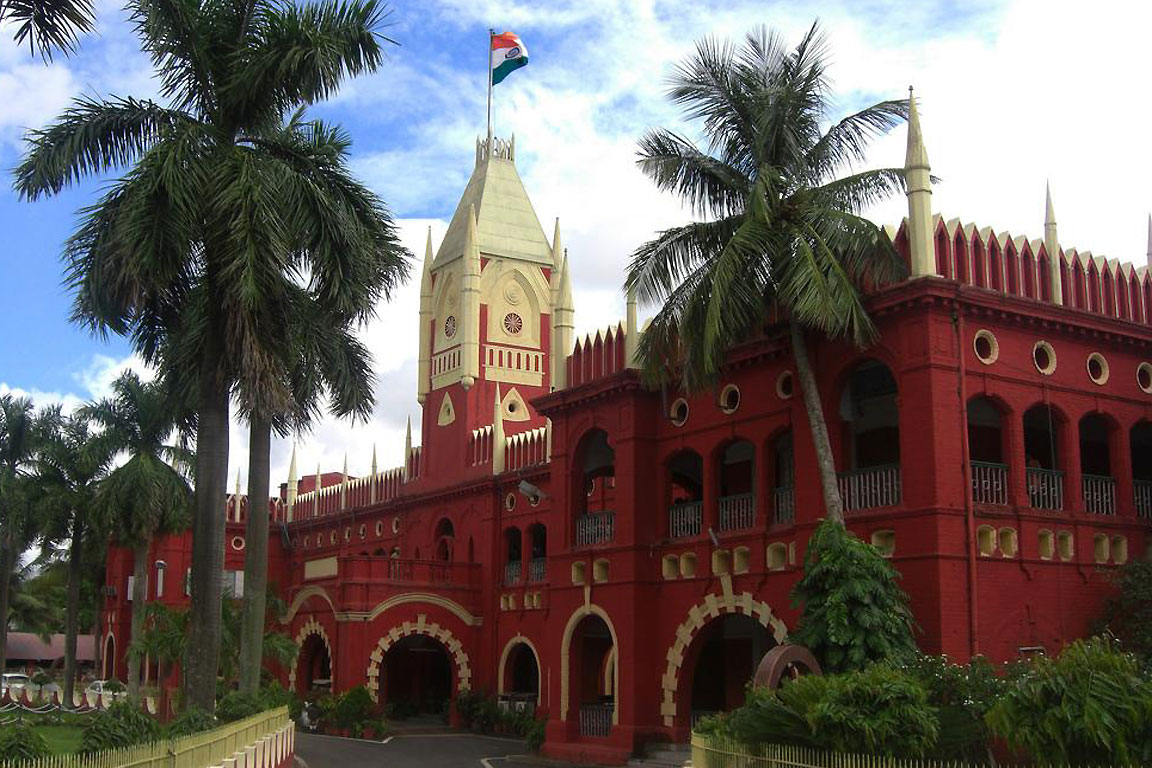Husband And Family Members Cannot Treat The Wife Suffering From Psychological Illness Like Slave : Orissa High Court

The Single Bench of Justice S.K. Panigrahi of Orissa High Court has recently refused to grant bail to the accused who was alleged to torture his wife suffering from physiological illness.
"From the perusal of the F.I.R., it appears that offences under the Indian Penal Code, 1860are prima facie, definitely made out, though it requires thorough trial. A perusal of the F.I.R. and charge sheet filed in the present case shows that there are particular allegations against each of the petitioner's family members who are arrayed as accused. It is not as if the allegations are casual and sweeping against all the accused generally", the Bench noted.
In the present case, the complainant and the petitioner/accused got married on 20.02.2015. At the time of marriage, the complainant's father gave sufficient dowry, but the complainant was subjected to cruelty seeking demand for more dowry. On 06.06.2020, the complainant was abused and assaulted with a sharp wood by the petitioner and sister in law and mother in law. Further, her mother in law and sister in law applied a plant with poisonous spores on the complainant's private parts because of which the complainant poured kerosene on her and set her on fire. However, the complainant somehow saved herself by throwing her burning apparels, fled from the spot and filed an F.I.R. against the petitioner/accused in connection with the commission of offences punishable under Sections 498-A, 294, 323, 307, 506, 34 of I.P.C. The petitioner/accused thus applied to section 439 of the Code of Criminal Procedure,1973.
The Bench relied on the Supreme Court's Judgement In V. Bhagat v. Mrs D. Bhagat AIR 1994 SC 710 to discuss the issue of cruelty in the context of section 13 of the Hindu Marriage Act,1955. The Court, in this case, observed that,
"17. ...It is not necessary to prove that mental cruelty is such as to cause injury to the petitioner's health. While arriving at such conclusion, regard must be had to the social status, educational level of the parties, the society they move in, the possibility or otherwise of the parties ever living together in case they are already living apart and all other relevant facts and circumstances which it is neither possible nor desirable to set out exhaustively. What is cruelty, in one case, may not amount to cruelty in another case. It is a matter to be determined in each case regarding the facts and circumstances of that case. If it is a case of accusations and allegations, regard must also be had to the context they were made... The context and the set up in which the word `cruelty' has been used in the section seems that intention is not a necessary element in cruelty. That word has to be understood in the ordinary sense of the term in matrimonial affairs. If the intention to harm, harass or hurt could be inferred by the nature of the conduct or brutal act complained of, cruelty could be easily established. But the absence of intention should not make any difference in the case, if by ordinary sense in human affairs, the act complained of could otherwise be regarded as cruelty."
The Bench further relied on the Supreme Court's judgement in Manju Ram Kalita vs State of Assam (2009) 13 SCC 330 in which it was held that -
"22. "Cruelty" for Section 498A I.P.C. is to be established in the context of Section 498A I.P.C. as it may be different from other statutory provisions. It is to be determined /inferred by considering the conduct of the man, weighing the gravity or seriousness of his acts, and finding out whether it is likely to drive the woman to commit suicide. It is to be established that the woman has been subjected to cruelty continuously/persistently or at least in close proximity of time of lodging the complaint."
Thus, while dismissing the petitioner's application, the Court relied on Delhi High Court's judgment in Somnath Bharti v. State (BAIL APPLN. 1952/2015 & Crl.M.(Bail).No.7749/2015) and observed that it is although true that even distant relatives of the husband have been roped. Still, even the extended family lives in villages within Odisha. The Court also observed that allegations concerning the family members are specific qua each of them.
"The length of detention of the petitioner is not a ground for releasing him on bail in this kind of offence which shakes the social fabrics. Even the allegation of psychological illness of the complainant-victim does not give the petitioner and his family members the handle to treat her like a slave bereft of any mercy and human compassion", the Court stated.
Case Title: Dipak Bhutia v. State of Odisha
Law Point/Statute Involved: Section 439 of the Code of Criminal Procedure, 1973 and Sections 498-A, 294, 323, 307, 506, 34 of Indian Penal Code,1860.
